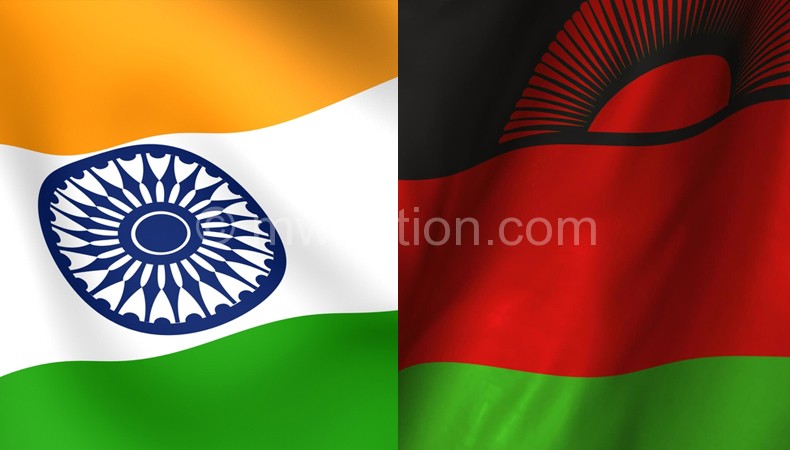India tips Malawi on global trade competitiveness
Indian Institute of Foreign Trade has tipped Malawi authorities involved in foreign trade on competitiveness and skills to manage international trade-related issues.
First Secretary at the Indian High Commission Vanlahuma Vanlahuma said in an interview the two countries can achieve more if they continue working together in various sectors.
 He was speaking on the sidelines of a training on international trade jointly organised with the Malawi Institute of Management (MIM) in Lilongwe.
He was speaking on the sidelines of a training on international trade jointly organised with the Malawi Institute of Management (MIM) in Lilongwe.
“India will always be Malawi’s partner as far as trade is concerned. Malawi has a lot of products which can be sold to India and training in international trade is definitely going to help the participants to understand better how to solve problems emanating from globalisation and its impact on international trade,” said Vanlahuma.
Secretary for Industry and Trade Charles Kambauwa said government is undertaking serious legal, regulatory and institutional reforms to enhance the doing business environment so that it becomes easier and less costly to do business in Malawi.
Some of the reforms, among others, include reducing border agencies and migrating to automated system customs data (Ascyuda) World from Ascyuda++ to enhance efficiency with which import and exports move through our borders.
On the global stage, Kambauwa said difficulties that prevented the implementation of Bali Package in which Malawi has the trade facilitation agreement, adopted by the ninth ministerial conference of the World Trade Organisation (WTO) in Bali in December 2013, have been overcome.
The package is aimed at lowering global trade barriers and is the first agreement reached through the WTO that is approved by all its members. It forms part of the Doha Development Round, which started in 2001.
The accord includes provisions for lowering import tariffs and agricultural subsidies, with the intention of making it easier for developing countries to trade with the developed world in global markets.
Under the package, developed countries would abolish hard import quotas on agricultural products from the developing world and instead would only be allowed to charge tariffs on amount of agricultural imports exceeding specific limits.
Kambauwa said the training is beneficial for individuals and organisations that are involved in foreign trade and international logistics.
“We believe, as government, that the training provided the much-needed forum for networking for those that are actually involved in foreign trade and those in foreign trade promotional and facilitation,” he said.





